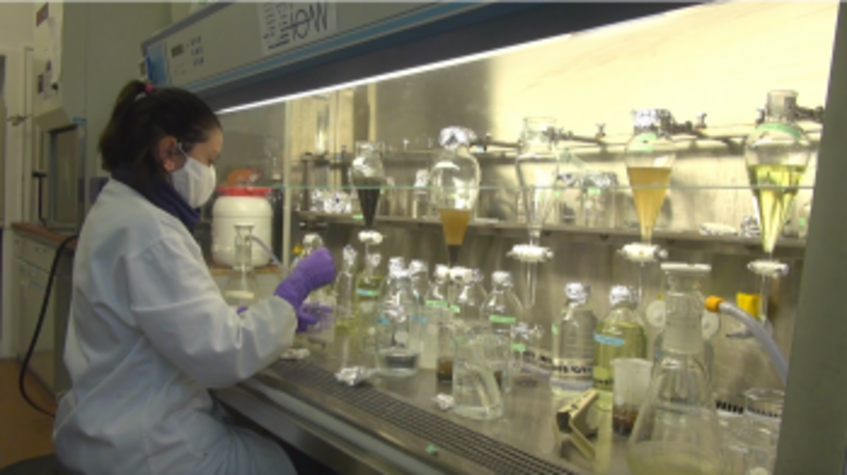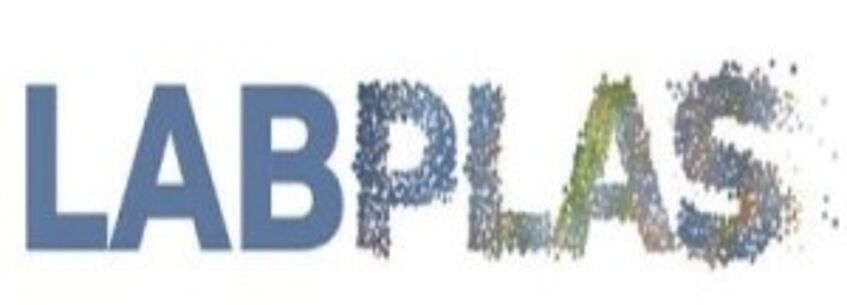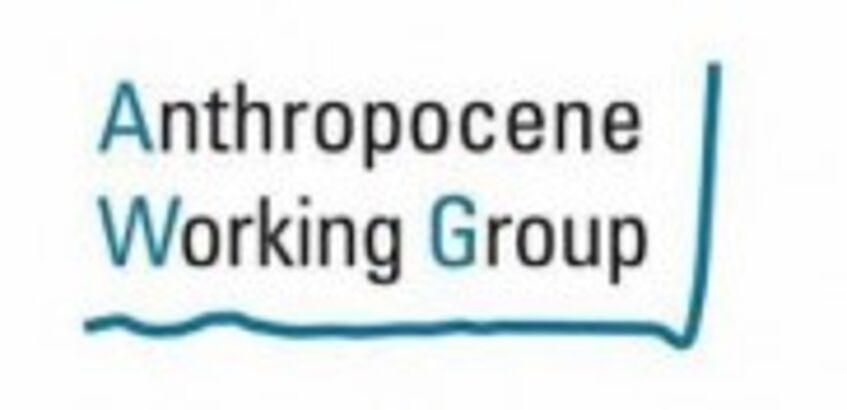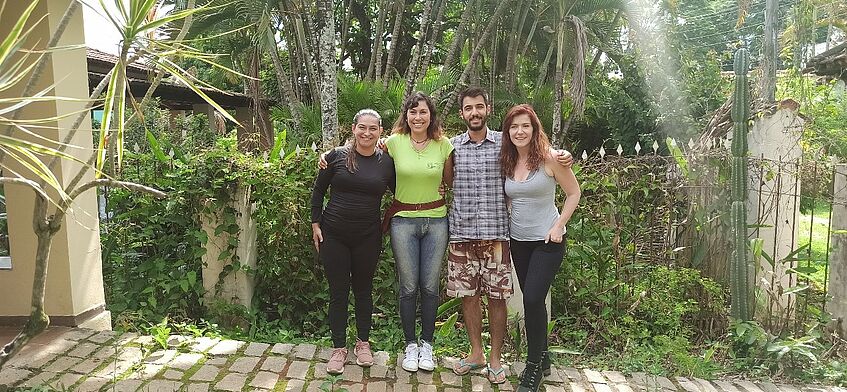Juliana A. IVAR DO SUL
ABOUT ME
I am a researcher working at complementary aspects of (micro)plastic pollution in the environment. I have for many years explored environmental fates of plastics in the sea.
My PhD Thesis for example focused on the identification of microplastics in insular environments in the Equatorial Atlantic Ocean.
Now I focus on plastics and microplastics potential as markers of the Anthropocene epoch, still to be formalized in the geological time scale.
Contact: juliana.ivardosul(at)io-warnemuende.de

Juliana Ivar do Sul in the lab
© Juliana Ivar do Sul
PROJECTS and MEMBERSHIPS
The LABPLAS project
I am a member of the LABPLAS consortium, a comprehensive collective effort of 20 groups from 16 organisations, encompassing broad and complementary expertise.
We aim to provide European authorities with the prenormative knowledge needed to fight plastic pollution on solid scientific grounds. The ambitious and overarching objective of LABPLAS is understanding the sources, transport, distribution and impacts of plastic pollution in a range of environmental compartments (freshwater, marine, terrestrial, atmosphere and aquatic biota) by applying technological advances (sampling, analysis, quantification), developing innovative and up-scalable models (for assessing the fate, effects and risks of plastics), and presenting results for decision making.


The Anthropocene Working Group (AWG)
Since 2015 I am a member of the Anthropocene Working Group (AWG), a component body of the Subcommission on Quaternary Stratigraphy (SQS) which is itself a constituent body of the International Commission on Stratigraphy (ICS). The AWG works to officially propose the addition of the Anthropocene epoch in the geological time scale.

The IGCP 732 project as a trampoline to disseminate project ideas
In the context of the IGCP732 project, I have started a collaboration with Dr. Fernanda Quaglio from the Federal University of Sao Paulo in Brazil.
We will merge complementary knowledge on paleo-oceanography and use well stablished techniques on microscopy and spectroscopy to define plastics longevity in sedimentary habitats, and contribute to establish plastics as secondary markers of the Anthropocene epoch.
Also part of the team are Gislene Teixeira and Mardem Melo Silva.

Juliana Ivar do Sul with her colleagues Fernanda Quaglio, Gislene Teixeira and Mardem Melo Silva
© Juliana Ivar do Sul
PUBLICATIONS
